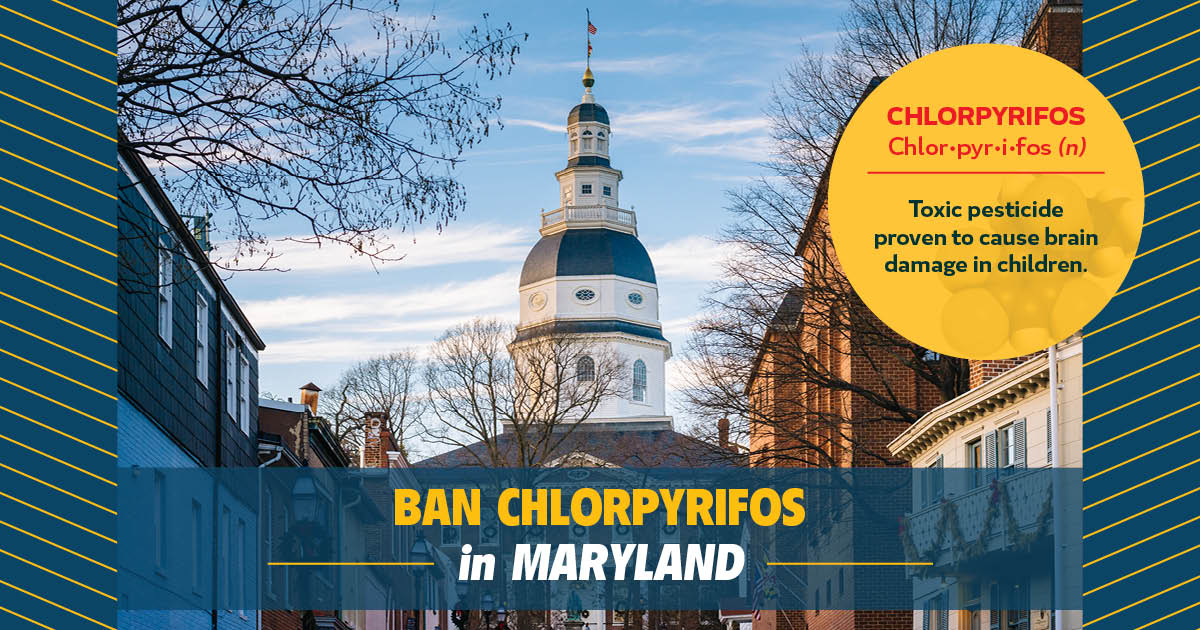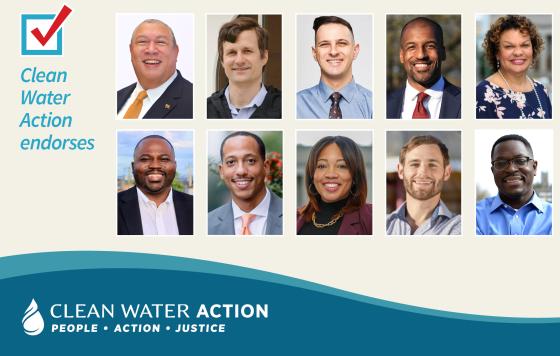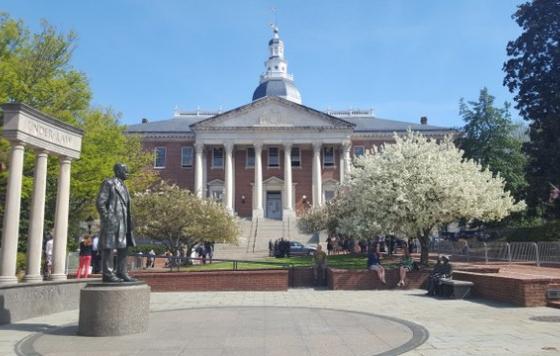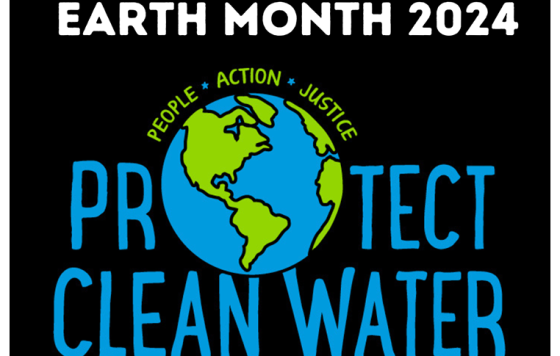
This year, we will be advocating for:
- No more subsidies for trash incinerators. Since 2011, trash incinerators have benefited from Maryland's Renewable Portfolio Standard, which subsidizes renewable energy sources and was designed to move us to a lower carbon energy mix. Unfortunately, trash incinerators are carbon-intensive and pollute our neighborhoods. It's past time to correct this wrong and stop subsidizing this dirty energy source!
- Organics diversion out of landfills and incinerators. Organic waste, like food scraps and other similar materials, are a great source of compost and carbon, but can be a terrible source of greenhouse gases if disposed of improperly. We are working with a coalition to push these materials into compost facilities, starting with extremely large generators of organic waste. Compost can be used to replenish our soil health, sequestering carbon and making it available for crops and vegetation.
- A ban on chlorpyrifos. Chlorpyrifos is a very toxic pesticide that is dangerous to use even when applied at low doses, carefully, and using protective equipment. There are plenty of other effective pesticides available that are less toxic to people and pollinators.
- Licenses for people who inspect septic systems at property transfer, and more broadly throughout the septic industry. Did you know, that if you buy a home the painter your realtor recommends has to be licensed, but not the person who tells you if your septic system is working or not? This is a major oversight that we are working to correct in order to protect not only water quality, but also homeowner investments.
We will also support legislation for trash reduction, energy efficient building standards, protecting oysters and their habitat, fair elections, as well as other bills that emerge that are in line with our commitment to protecting water quality in and around Maryland. We will be prepared to protect Maryland's smart growth laws, including septic tier maps, and our Chesapeake Bay clean up
Related Posts
Stay Informed
Get the latest updates and actions:
Thanks for signing up!
There was a problem processing your signup. Please try again.



